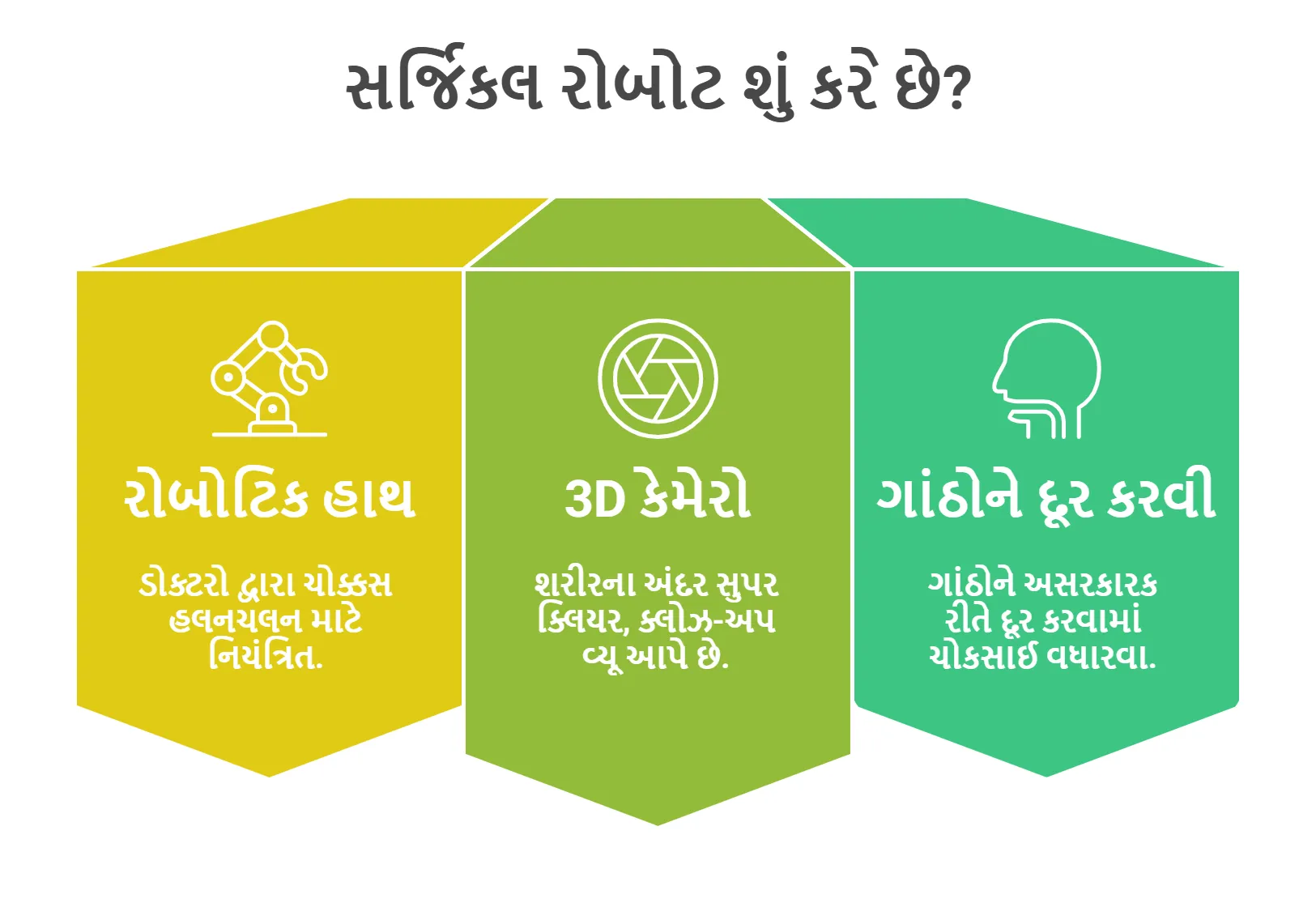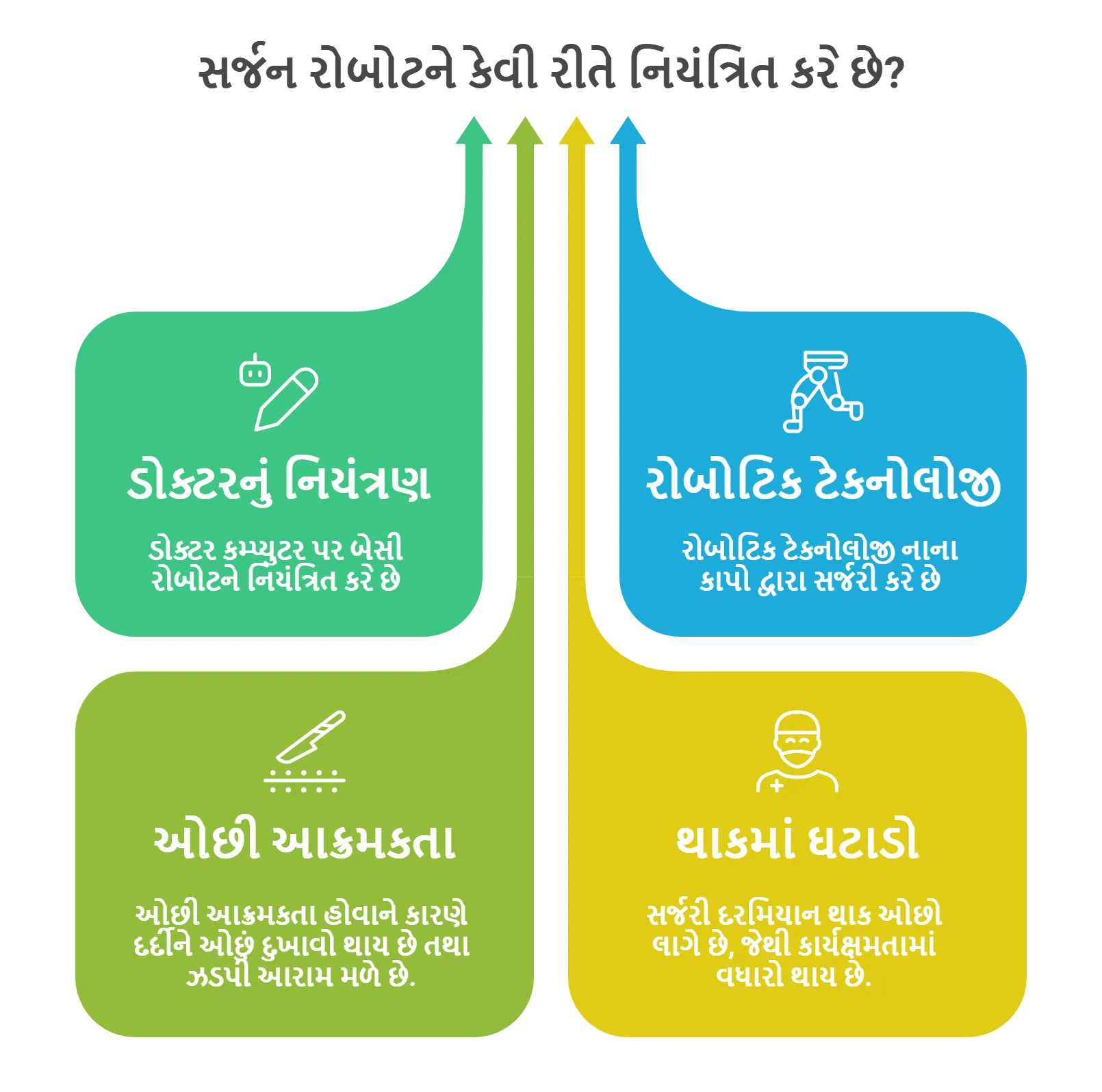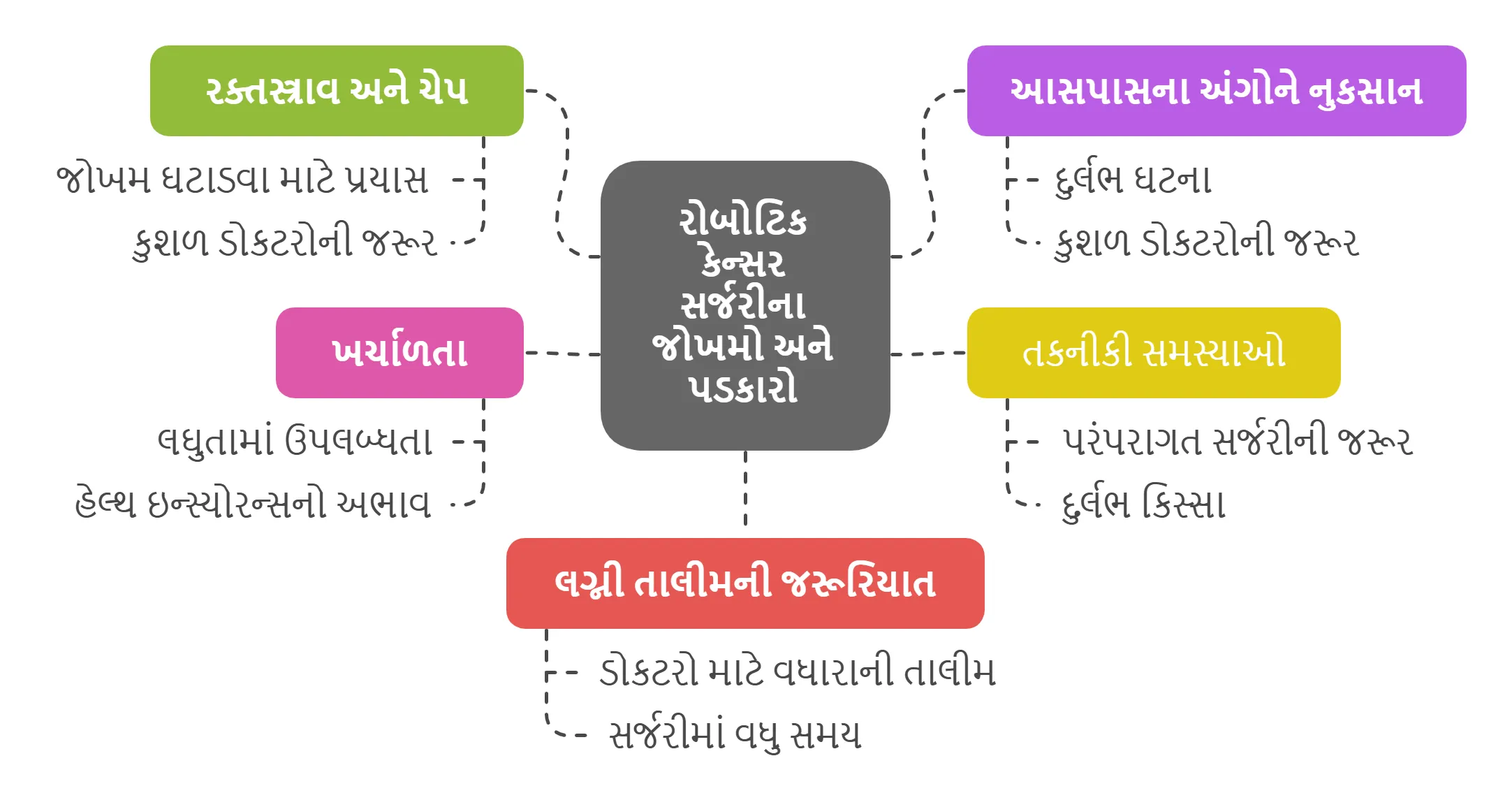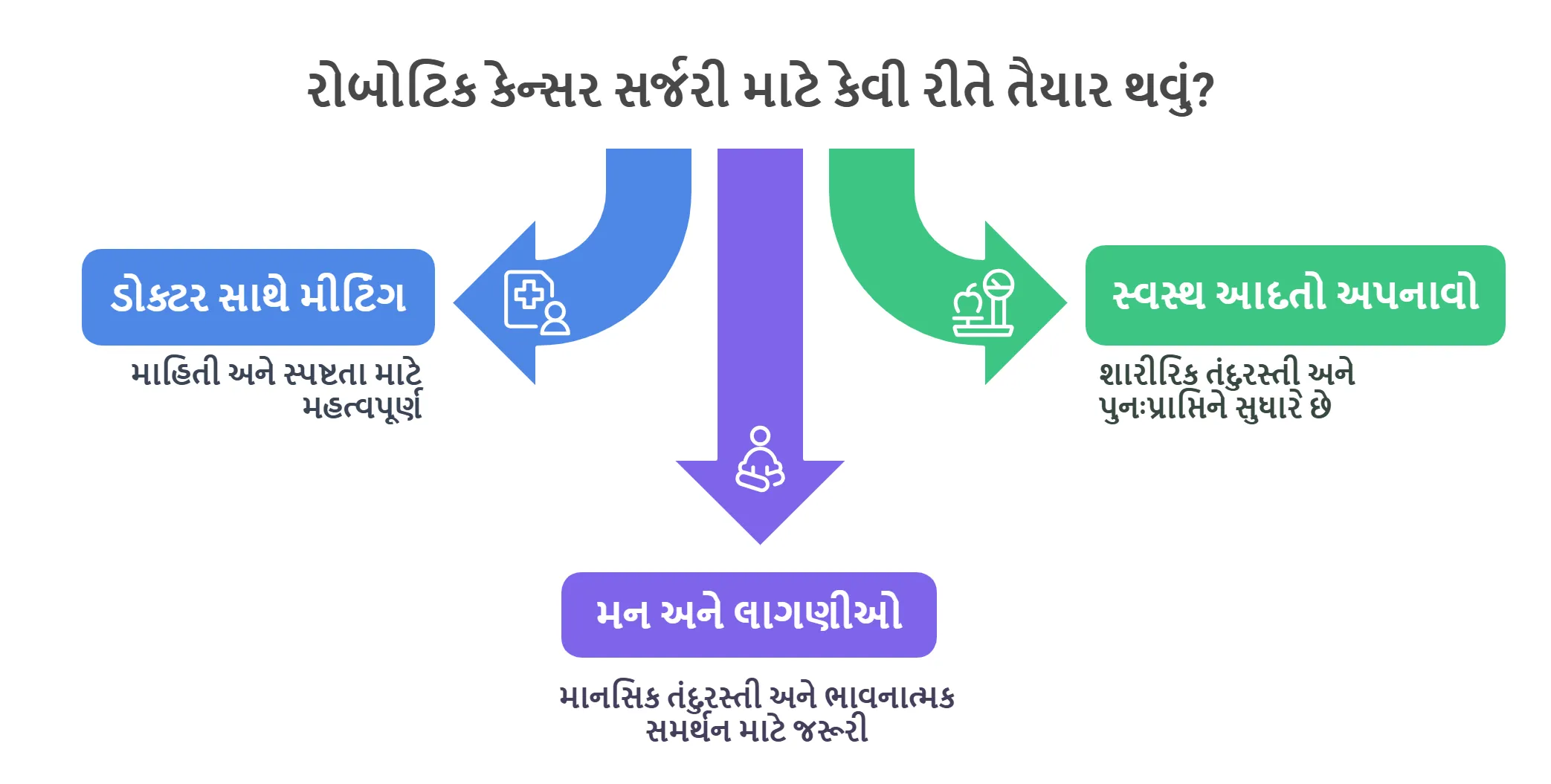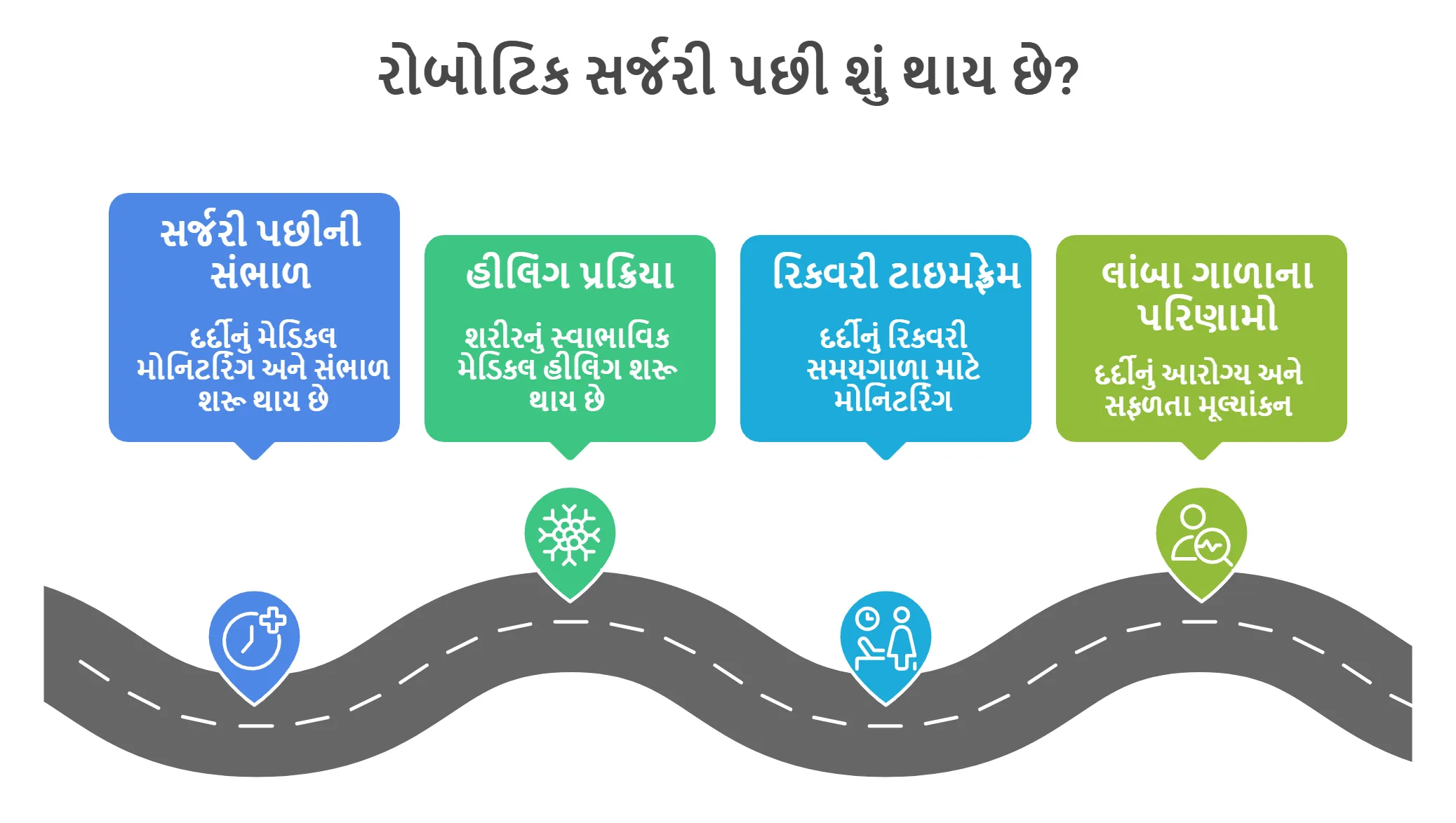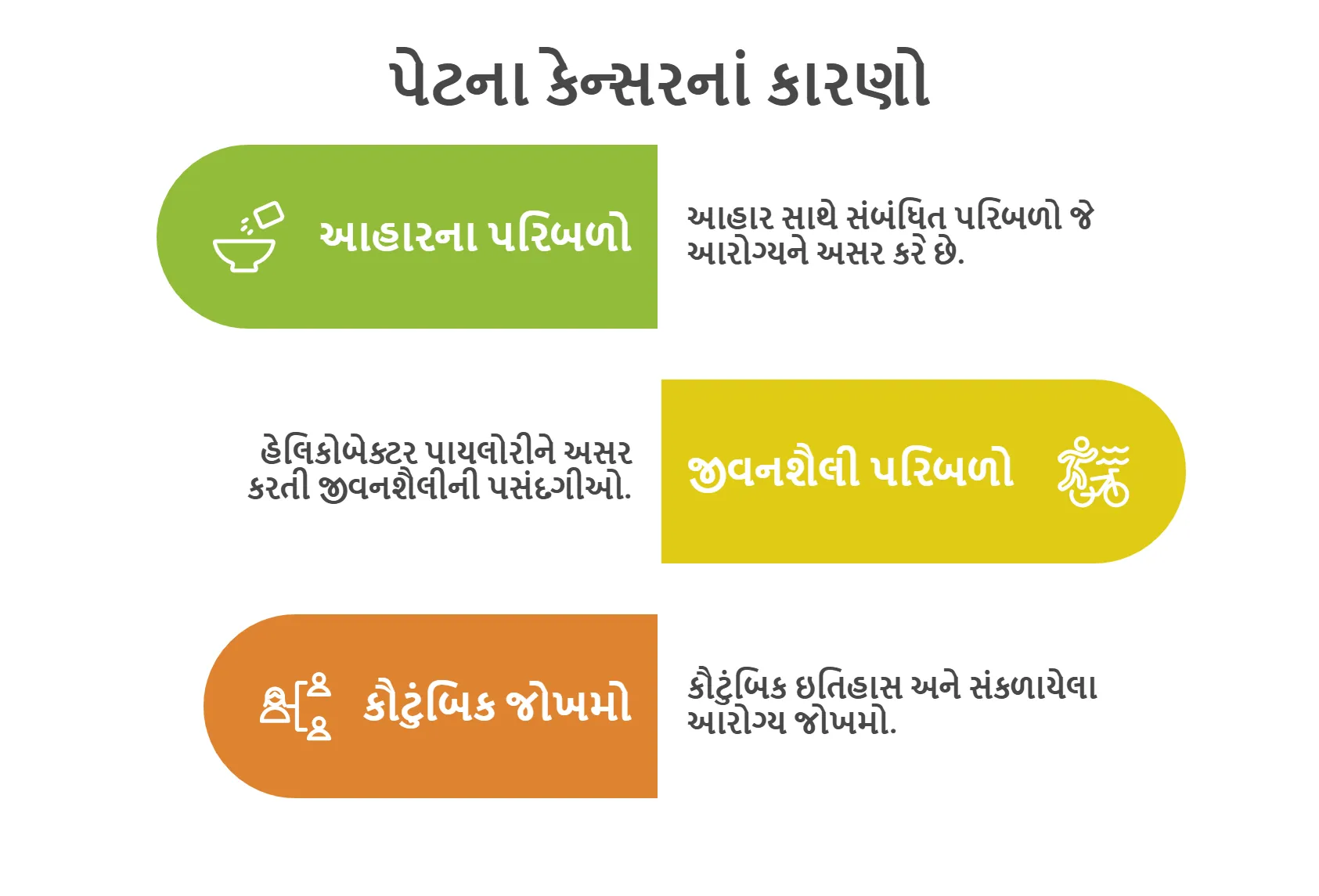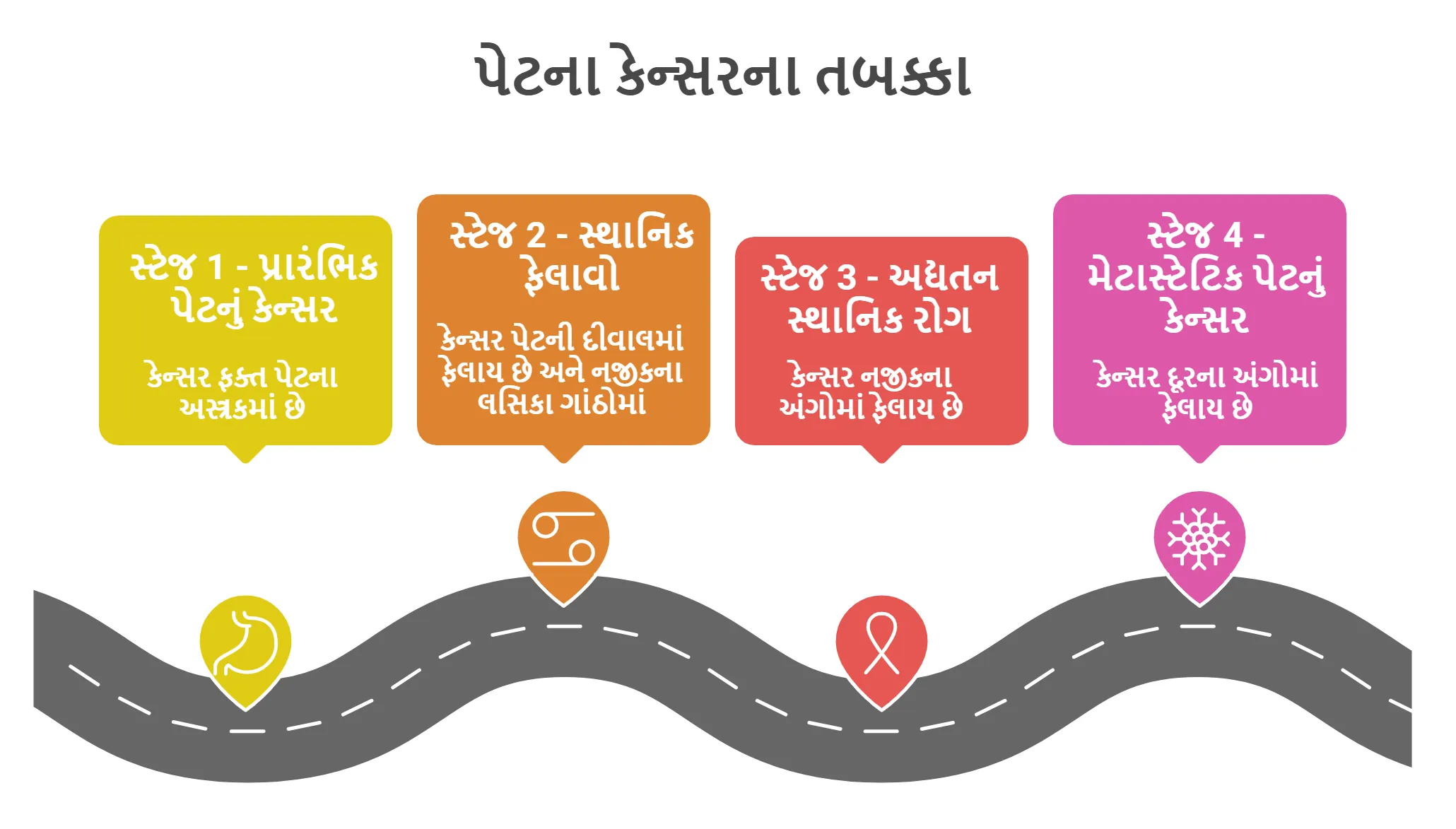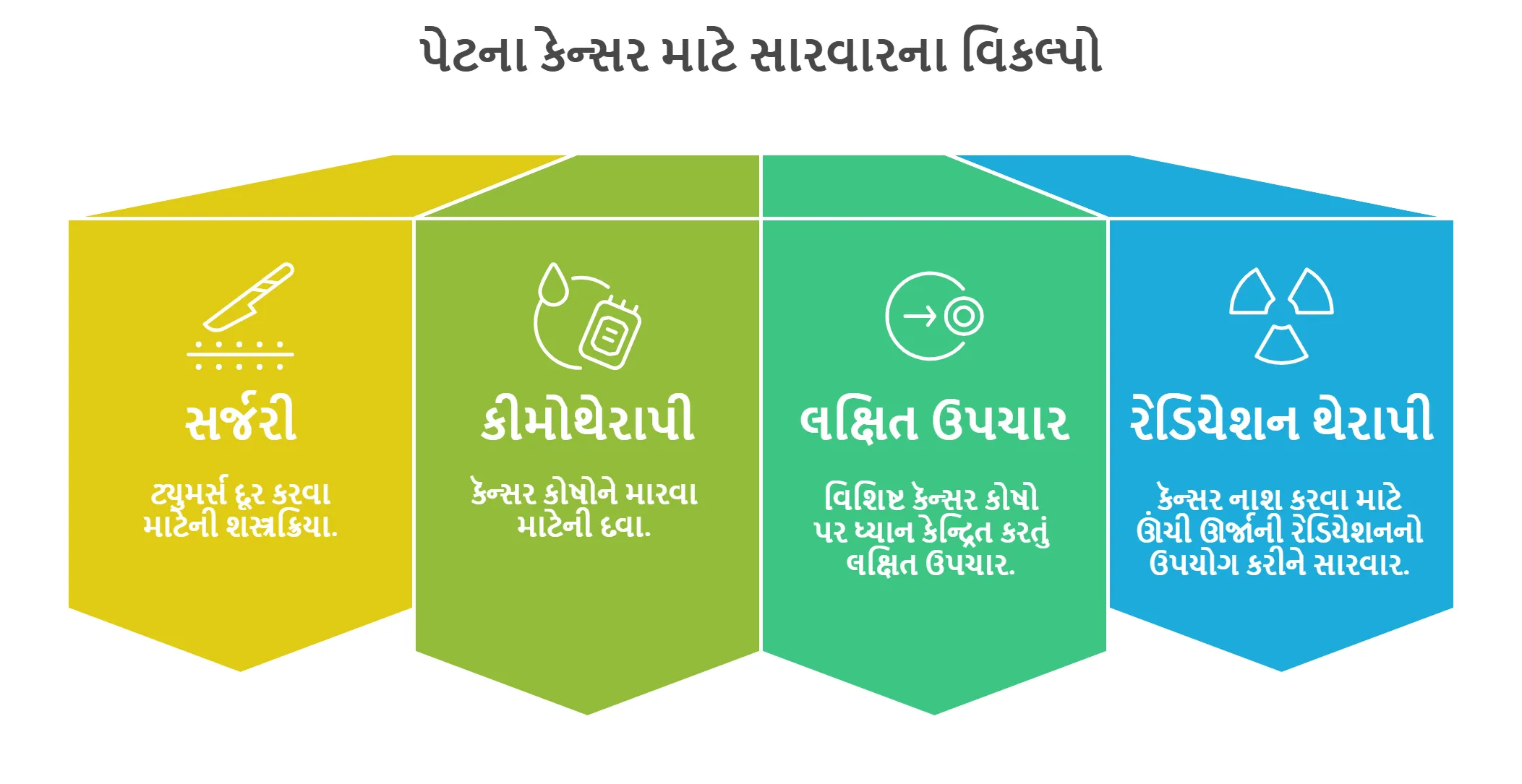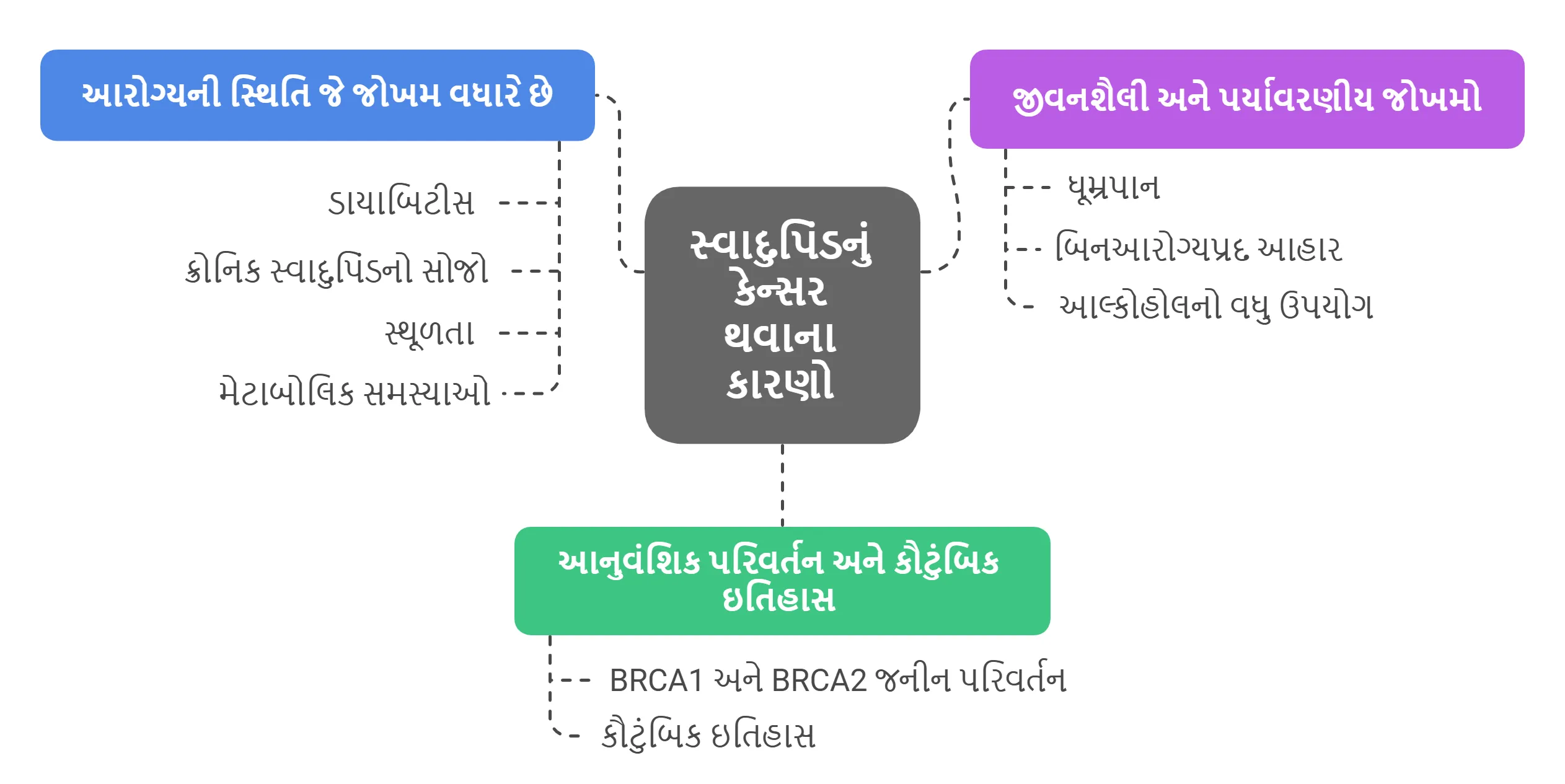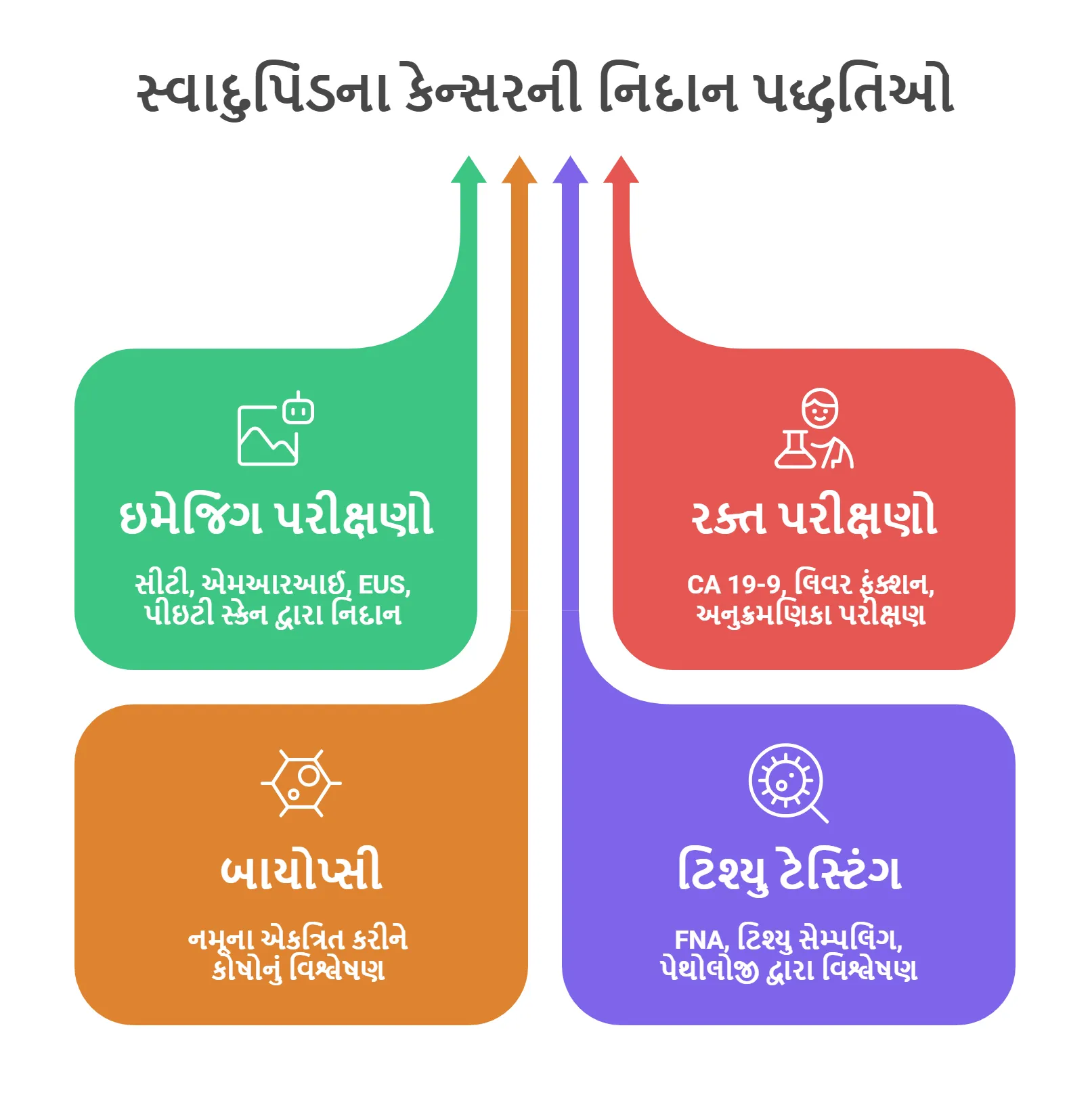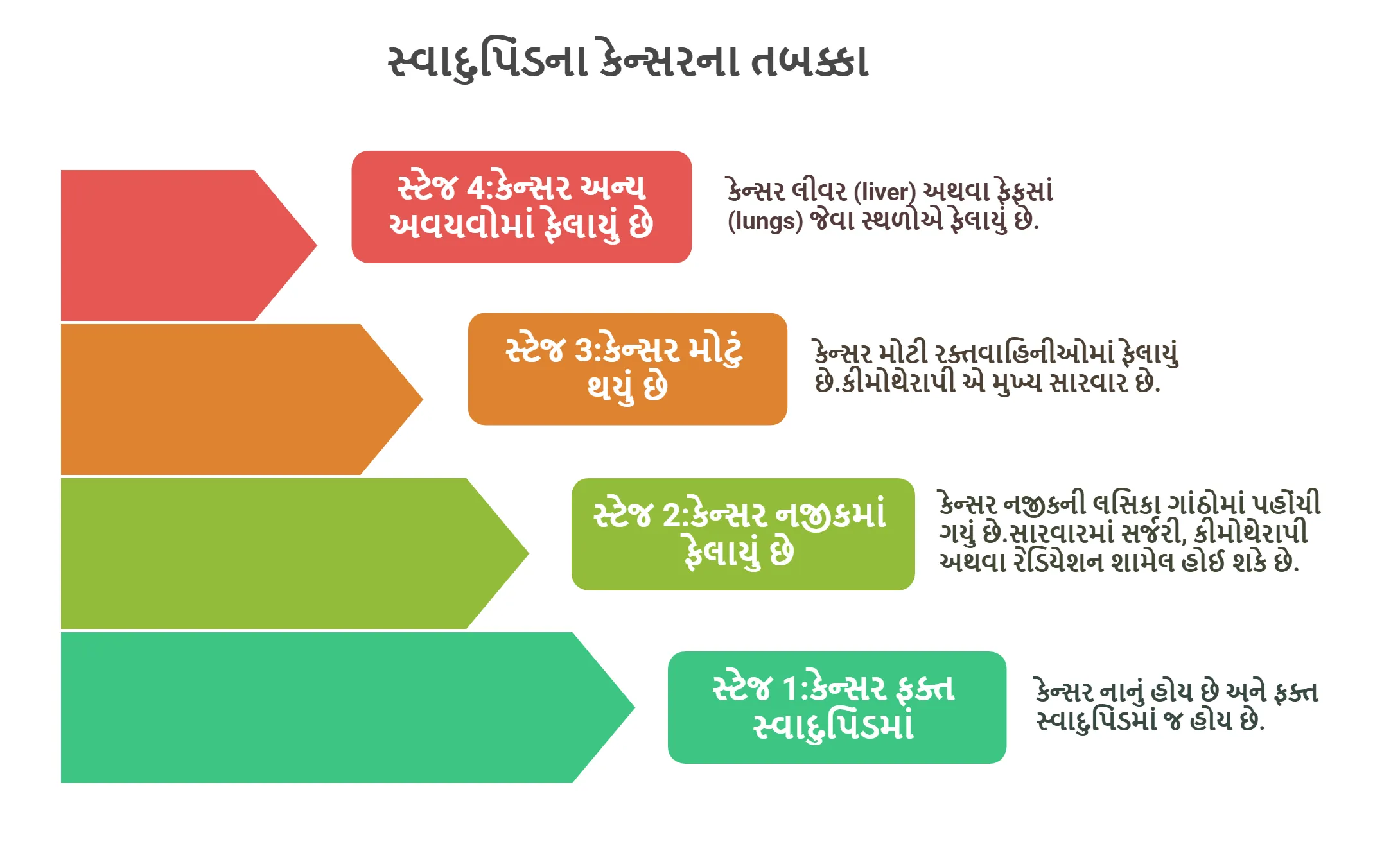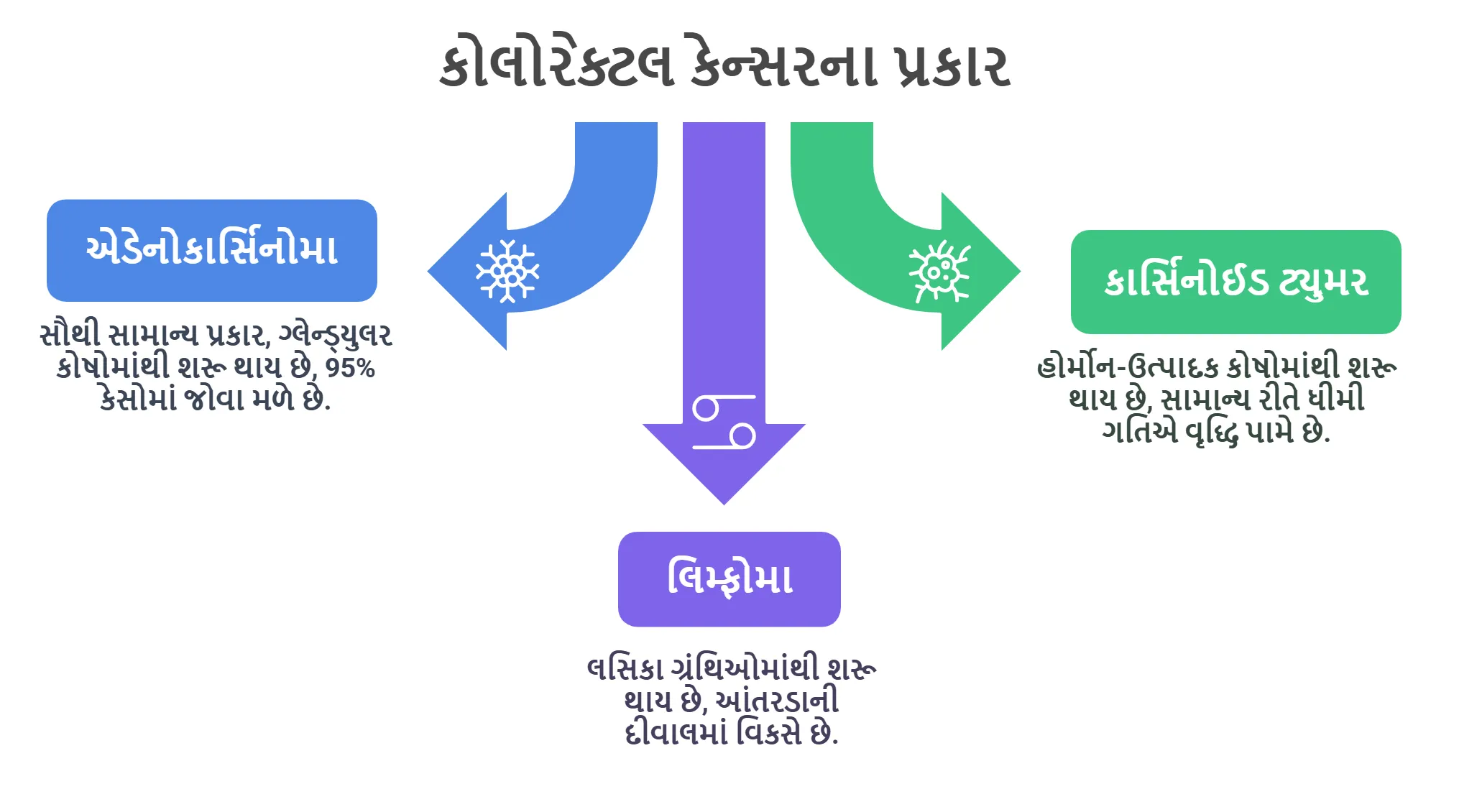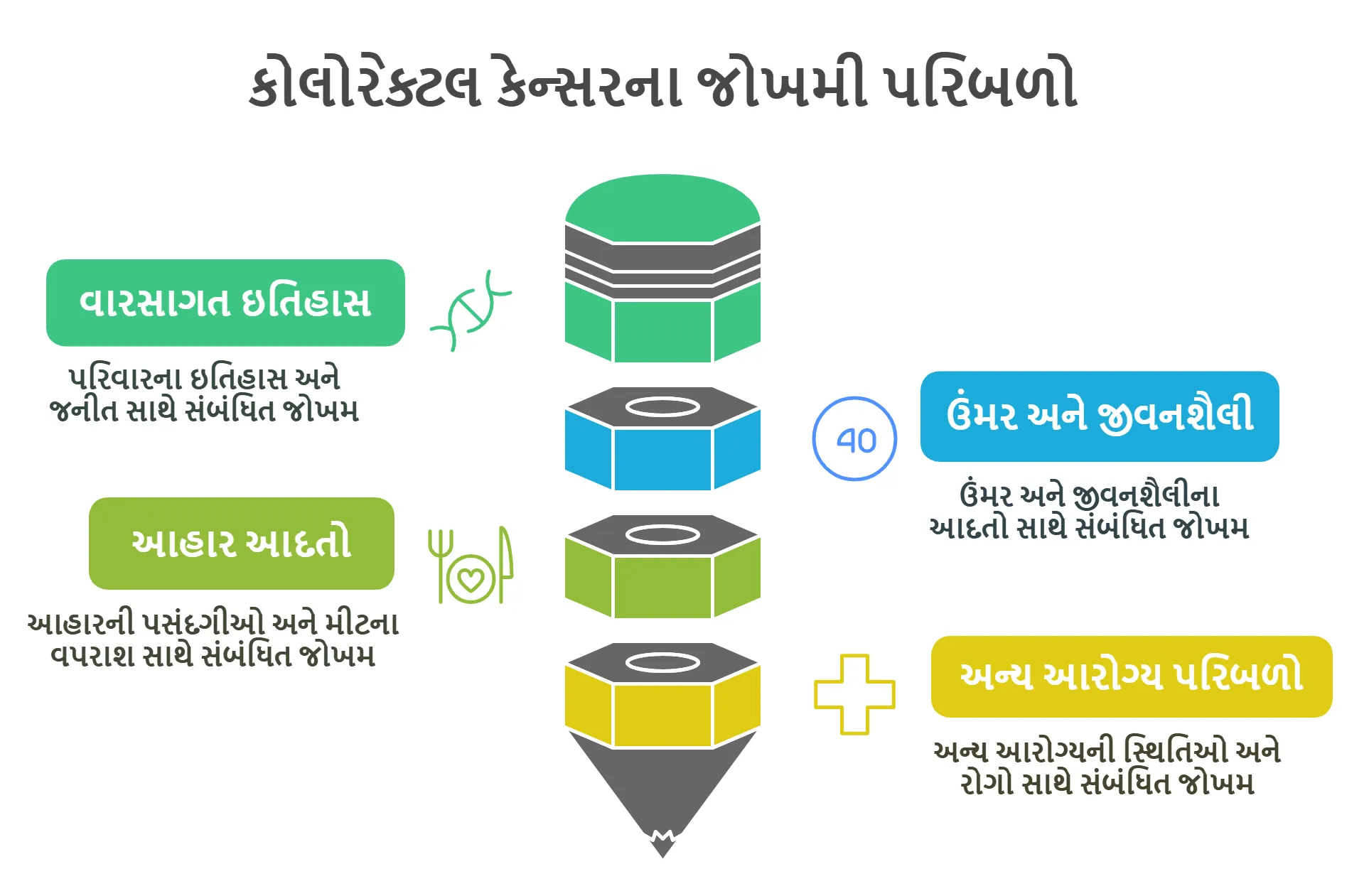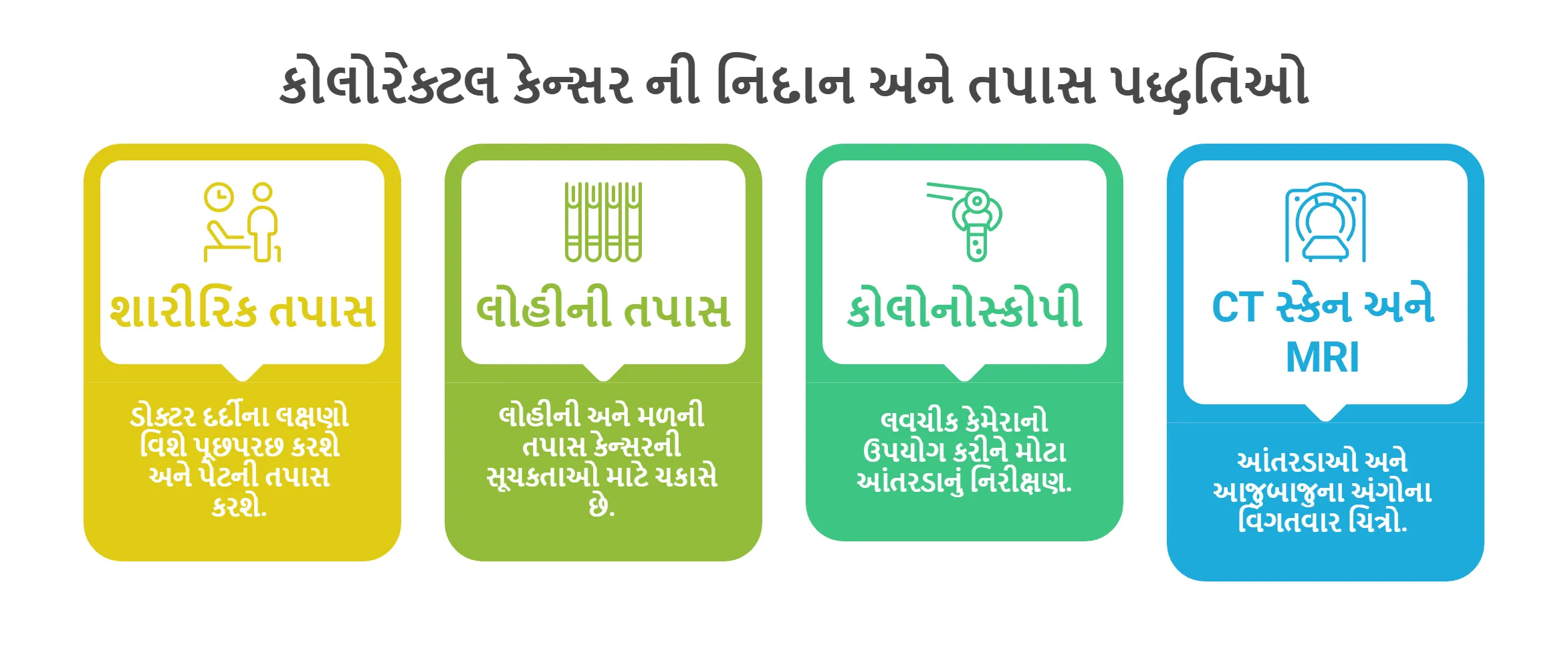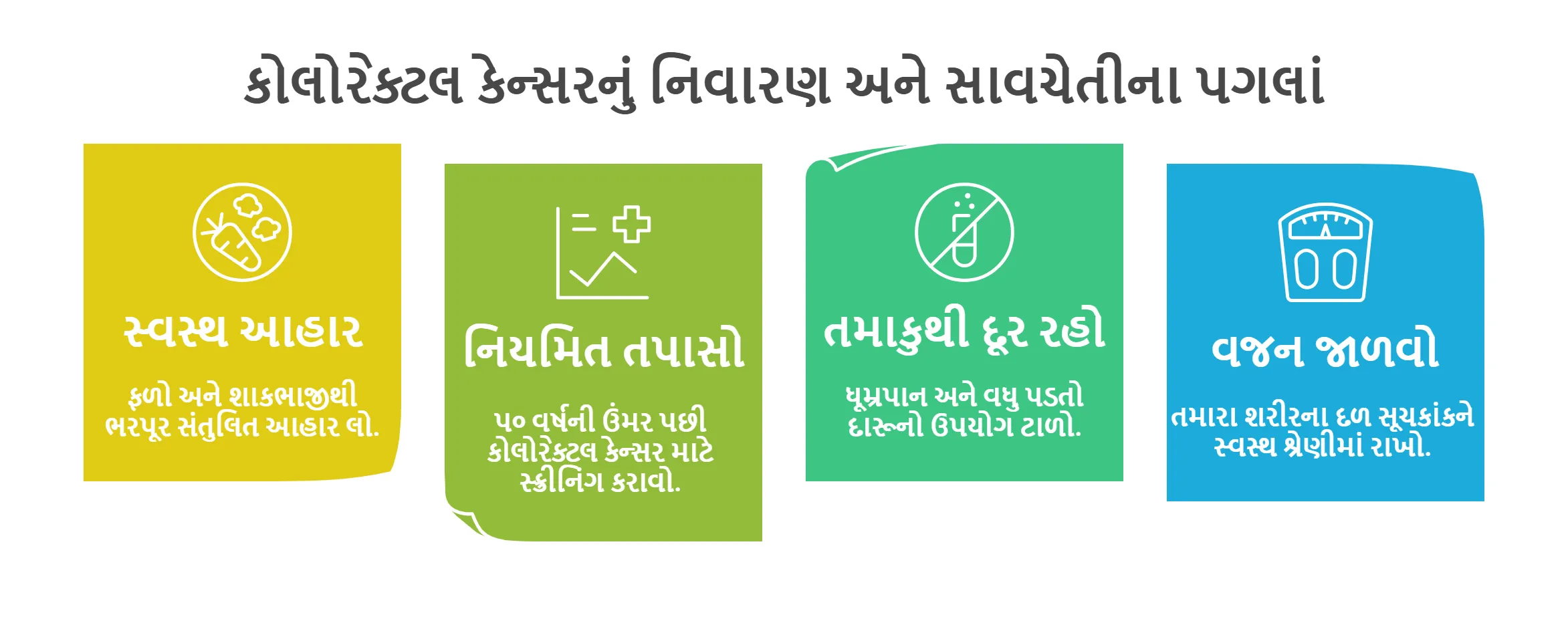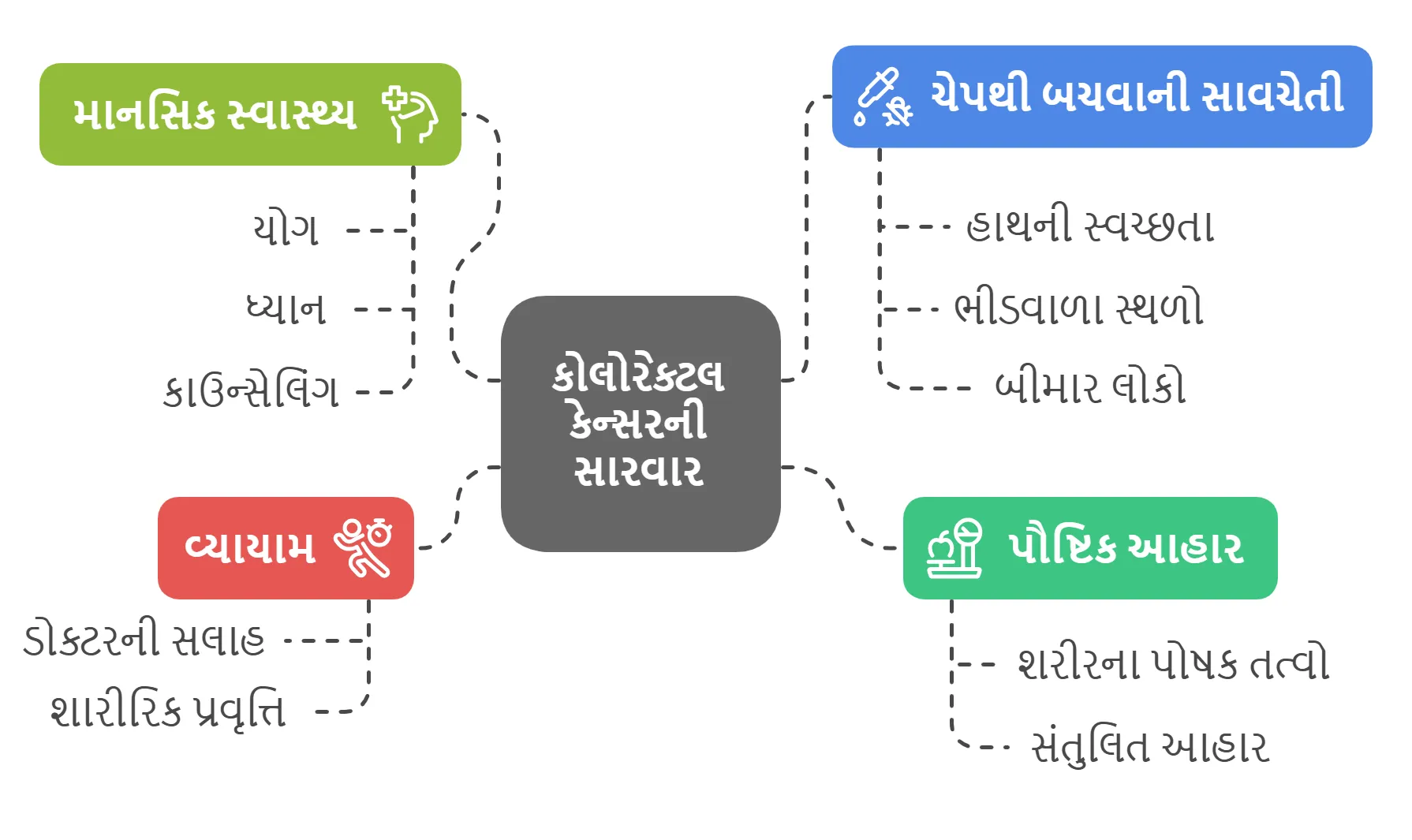BMR Calculator
Enter Your Details (US Units)
Enter Your Details (Metric Units)
Your Results
Basal Metabolic Rate (BMR)
Daily Calorie Needs by Activity Level
| Activity Level | Calories/Day |
|---|---|
| Sedentary ? Little or no exercise, desk job, mostly sitting. | |
| Lightly Active ? Light exercise or sports 1-3 days/week. | |
| Moderately Active ? Moderate exercise or sports 4-5 days/week. | |
| Very Active ? Hard exercise or sports daily, or intense exercise 3-4 days/week. | |
| Extra Active ? Intense exercise or sports 6-7 days a week. | |
| Extremely Active ? Very hard daily exercise/sports & physical job or training twice daily. |
Activity Calorie Summary
Activity Level
Definition text goes here.
BMR Calculator | Basal Metabolic Rate
- What is BMR?
BMR is the scientific term for Basal Metabolic Rate. It represents the minimum number of calories your body burns over a 24-hour span to keep its essential systems running while you are completely at rest, awake, in a comfortable temperature setting, and typically in a post-absorptive state (not actively digesting). This baseline energy fuels non-negotiable biological processes, including:
⦿ Respiratory functions (breathing in and out)
⦿ Cardiovascular activity (heart beating, blood flow)
⦿ Thermoregulation (maintaining stable body temperature)
⦿ Neurological processes (brain function, nerve signals)
⦿ Cellular maintenance, repair, and turnover
It’s the fundamental energy cost required before any physical activity or food digestion occurs. Appreciating the ‘bmr calculator full form‘ (Basal Metabolic Rate) highlights its connection to these core, resting physiological demands.
- BMR's Big Role in How Many Calories You Burn
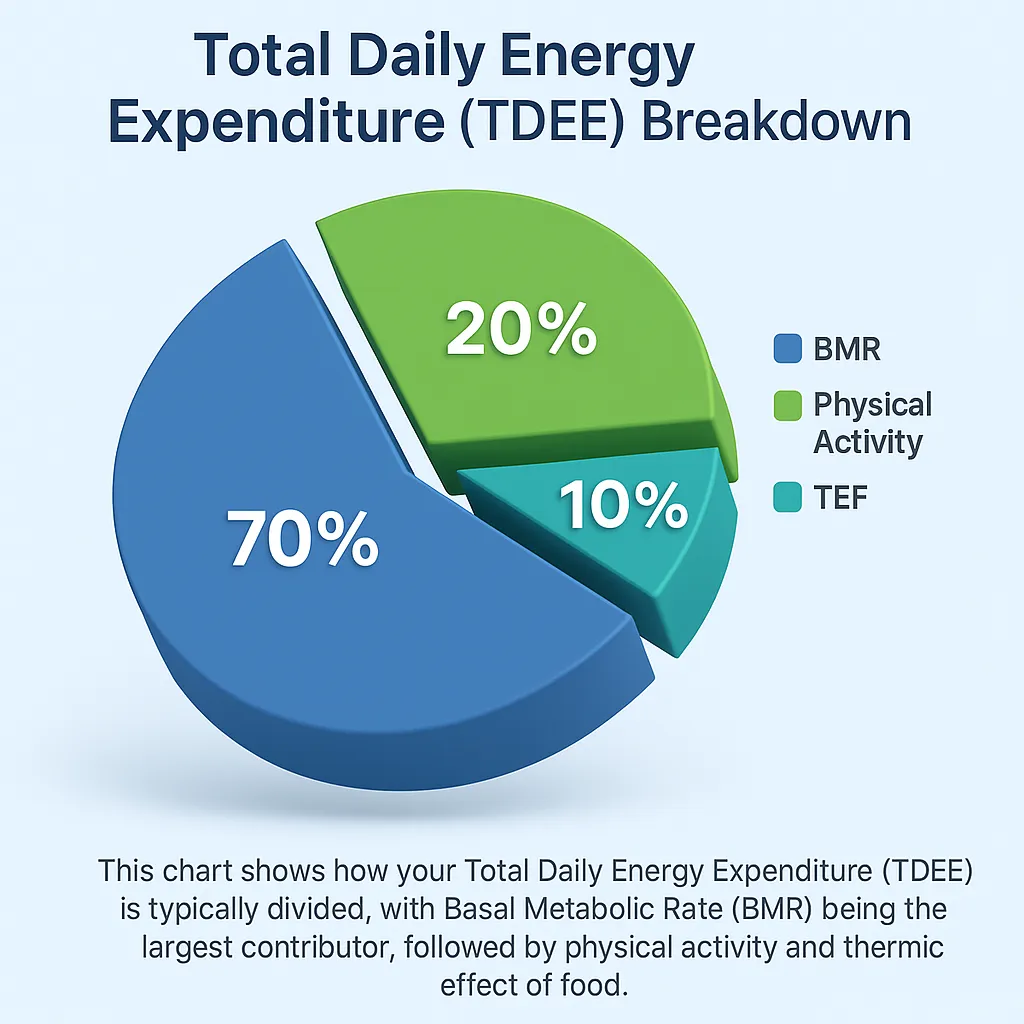
- Basic Jobs Powered by Your BMR
| Job | What it Means | Energy Need |
|---|---|---|
| Breathing | Getting air in and out | All Day |
| Blood Flow | Heart pumping blood around | All Day |
| Body Temperature | Keeping your body at the right temp | All Day |
| Cell Work | Building, fixing, and maintaining cells | All Day |
| Brain & Nerve Power | Sending signals, thinking | All Day |
| Basic Muscle Tension | Keeping muscles ready | All Day |
Why BMR Matters
Knowing your individual BMR offers tangible benefits for strategic ‘health planning‘ and informed management of your ‘daily calorie use‘:
⦿ Establishes a Personal Energy Floor: It moves beyond generic calorie counts to provide a baseline specific to your body’s resting needs.
⦿ Provides a Foundation for Adjustments: Whether using a ‘bmr calculator lose weight‘ strategy, aiming for weight stability, or planning for muscle accrual, your BMR is the starting point for calculating necessary calorie adjustments.
⦿ Highlights Core Metabolic Demands: It clarifies the fundamental ‘daily caloric needs‘ your body has before accounting for lifestyle factors like exercise.
What Affects BMR?
Your BMR is not a fixed entity; it’s influenced by a variety of personal characteristics, underscoring the value of using a personalized ‘BMR calculator‘:
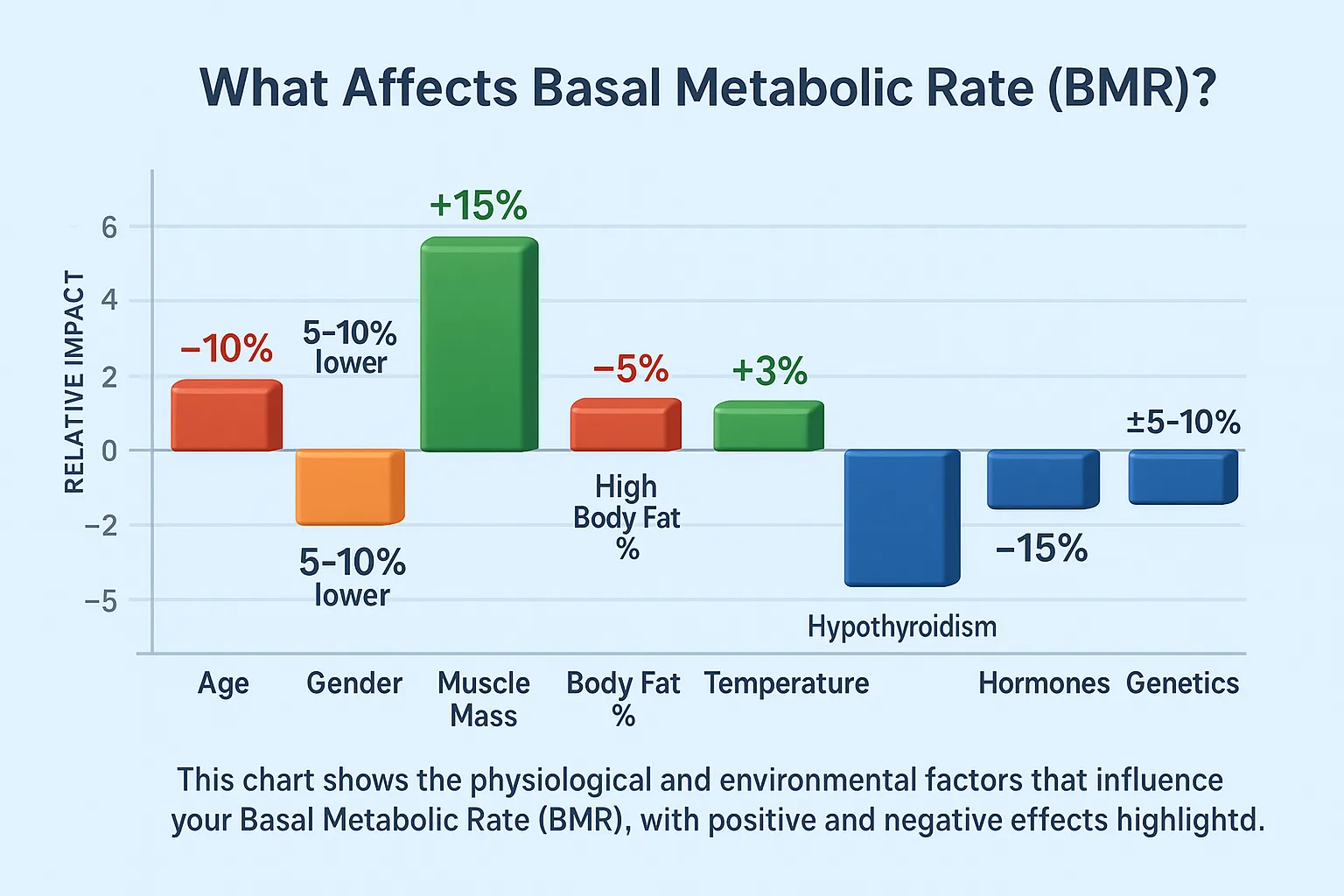
- Body Composition
- Chronological Age
- Sex/Gender
- Body Mass & Stature
- Fat Mass Percentage
- Heredity
- Hormonal Milieu
- Ambient Temperature
- Health & Recovery Status
- Past Dietary Practices
| Factor | How it Usually Affects BMR | Simple Explanation |
|---|---|---|
| More Muscle | Goes Up | Muscle burns more calories than fat |
| More Body Fat | Goes Up Slightly | Fat burns fewer calories than muscle |
| Getting Older | Goes Down | Often related to losing muscle |
| Being Male | Usually Higher | Due to average size/muscle differences |
| Being Bigger | Goes Up | More body to maintain |
| Fever/Sickness | Goes Up | Body is working hard to heal/fight |
| Crash Dieting | Goes Down | Body tries to save energy |
| Low Thyroid | Goes Down | Less thyroid hormone slows things down |
| High Thyroid | Goes Up | More thyroid hormone speeds things up |
| Genes | Varies | Your natural tendency |
How to Estimate Your BMR: Common Formulas
Widely regarded in scientific communities as the most reliable ‘bmr calculator most accurate‘ predictive formula for the general adult population currently available.
⦿ For Men: BMR = (10 × weight in kg) + (6.25 × height in cm) – (5 × age) + 5
⦿ For Women: BMR = (10 × weight in kg) + (6.25 × height in cm) – (5 × age) – 161
A historically significant formula, though sometimes considered less accurate for modern populations than Mifflin-St Jeor.
⦿ For Men: BMR = (13.397 × weight in kg) + (4.799 × height in cm) – (5.677 × age) + 88.362
⦿ For Women: BMR = (9.247 × weight in kg) + (3.098 × height in cm) – (4.330 × age) + 447.593
Calculates BMR based on Lean Body Mass (LBM), offering high potential accuracy if body fat percentage is precisely known (used by a ‘bmr calculator with body fat percentage‘).
⦿ BMR = 370 + (21.6 × Lean Body Mass in kg)
- Quick Look at BMR Formulas
| Formula Name | Inputs Required | Best For & Notes |
|---|---|---|
| Mifflin-St Jeor | Weight, Height, Age, Sex | Best for most people. Common in online calculators. |
| Revised Harris-Benedict | Weight, Height, Age, Sex | Suitable for most. Slightly less accurate than newer formulas. |
| Katch-McArdle | Weight & Body Fat % | Great for lean/muscular individuals. Needs accurate fat % data. |
BMR vs. TDEE
⦿ BMR: Energy burned exclusively for basic physiological functions at rest.
⦿ TDEE: Your aggregate calorie expenditure over a full day. It includes BMR + the thermic effect of food (TEF – energy for digestion/absorption) + energy expended through all physical activity (exercise and non-exercise movements).
Consider BMR the baseline power draw of your home when everything non-essential is off. TDEE is the total meter reading after accounting for all appliance use, activity within the house, etc. BMR constitutes the largest part of the TDEE equation. People often use a ‘tdee calculator online‘ to estimate this total daily figure.
Finding Your Total Calorie Needs (TDEE) with Activity

⦿ TDEE = BMR × Activity Factor
⦿ Activity Factors for TDEE
| Activity Level | What It Looks Like | Factor & Example (BMR 1400) |
|---|---|---|
| Not Active (Sedentary) | Desk job, very little exercise | 1.2 → 1680 calories |
| Lightly Active | Light exercise or sports 1–3 days/week | 1.375 → 1925 calories |
| Moderately Active | Moderate exercise 3–5 days/week (e.g. gym visits) | 1.55 → 2170 calories |
| Very Active | Hard exercise 6–7 days/week (e.g. regular athlete) | 1.725 → 2415 calories |
| Extremely Active | Daily intense training or physical job | 1.9 → 2660 calories |
Using BMR for Weight Goals
Once you have estimates for your BMR and TDEE, you can formulate a more precise plan:
⦿ To Facilitate Weight Loss: This necessitates creating and maintaining a ‘calorie deficit‘ (expending more calories than consumed). A ‘bmr calculator lose weight‘ approach involves establishing a targeted daily ‘bmr calculator calorie deficit‘, often aiming for 300-500 calories below TDEE for sustainable progress. A ‘calorie calculator deficit‘ function helps identify this target.
⦿ To Sustain Current Weight: Your daily calorie intake should generally align with your estimated TDEE.
⦿ To Promote Weight Gain (Muscle/Mass): Requires a consistent calorie surplus (consuming more calories than TDEE), commonly an extra 250-500 calories per day. This is central to ‘bmr calculator gain weight‘ or ‘bmr calculator weight gain‘ strategies, especially effective when coupled with resistance exercise for ‘bmr calculator for muscle gain‘.
Your estimated TDEE acts as the benchmark ‘calorie calculator per day‘ figure for maintaining your current state, encompassing all energy outputs, including workouts monitored by a ‘calorie calculator on treadmill‘, ‘calorie calculator jump rope‘, or ‘calorie calculator elliptical‘.
Role of Muscle Mass

⦿ Boosts Your Resting Burn: More muscle means you burn more calories all day long, even when you’re just sitting around.
⦿ Changes Your Body Shape: More muscle and less fat looks and feels different.
⦿ Makes Weight Management Easier: A higher BMR gives you a little more wiggle room with calories.
Planning What You Eat (Calorie Intake)

⦿ Protein: Fundamental for tissue repair and growth (especially muscle), enhances satiety, and has a slightly higher metabolic cost for digestion. Ensure adequate intake relative to goals and activity.
⦿ Carbohydrates: The body’s preferred fuel for many activities, especially higher intensities. Prioritize complex sources (whole grains, legumes, vegetables) for sustained energy and fiber benefits.
⦿ Fats: Crucial for hormone production, absorption of fat-soluble vitamins, and maintaining cellular integrity. Emphasize healthy unsaturated fats (from avocados, nuts, seeds, olive oil).
Tailoring this balance to your individual needs and TDEE supports optimal functioning.
Is Eating Less Than Your BMR Ever Okay?
- Metabolic Adaptation (Slowdown): Your body may reduce its resting energy expenditure to conserve resources.
- Potential Muscle Loss: The body might sacrifice metabolically active muscle tissue for fuel.
- Risk of Nutrient Deficiencies: Meeting micronutrient requirements becomes very challenging on extremely low intakes.
- Chronic Fatigue: Insufficient energy supply often manifests as persistent tiredness.
- Endocrine System Disruption: Can negatively impact thyroid function, reproductive hormones, and stress response systems.
Lifestyle Factors Impacting BMR
- Stress Levels: Chronic psychological stress can affect hormones that modulate metabolism.
- Sleep Hygiene: Both quantity and quality of sleep impact metabolic regulation.
- Dietary Habits: Consistent protein intake aids muscle maintenance; extreme dieting can suppress metabolism.
- Acute Health Changes: Fighting off an infection temporarily increases metabolic demands.
- Medication Use: Certain pharmaceutical drugs can have metabolic side effects (consult your physician).
How Your BMR Can Change Over Your Life
Your BMR is not immutable; it naturally shifts over time due to:
⦿ The Aging Process: A gradual decline is common, often linked to changes in body composition (especially muscle mass) across the lifespan.
⦿ Body Weight Fluctuations: Significant weight loss generally lowers BMR (less mass requires less energy); substantial weight gain typically raises it.
⦿ Changes in Health Status: Conditions affecting endocrine function (like thyroid disease) can cause considerable shifts in BMR.
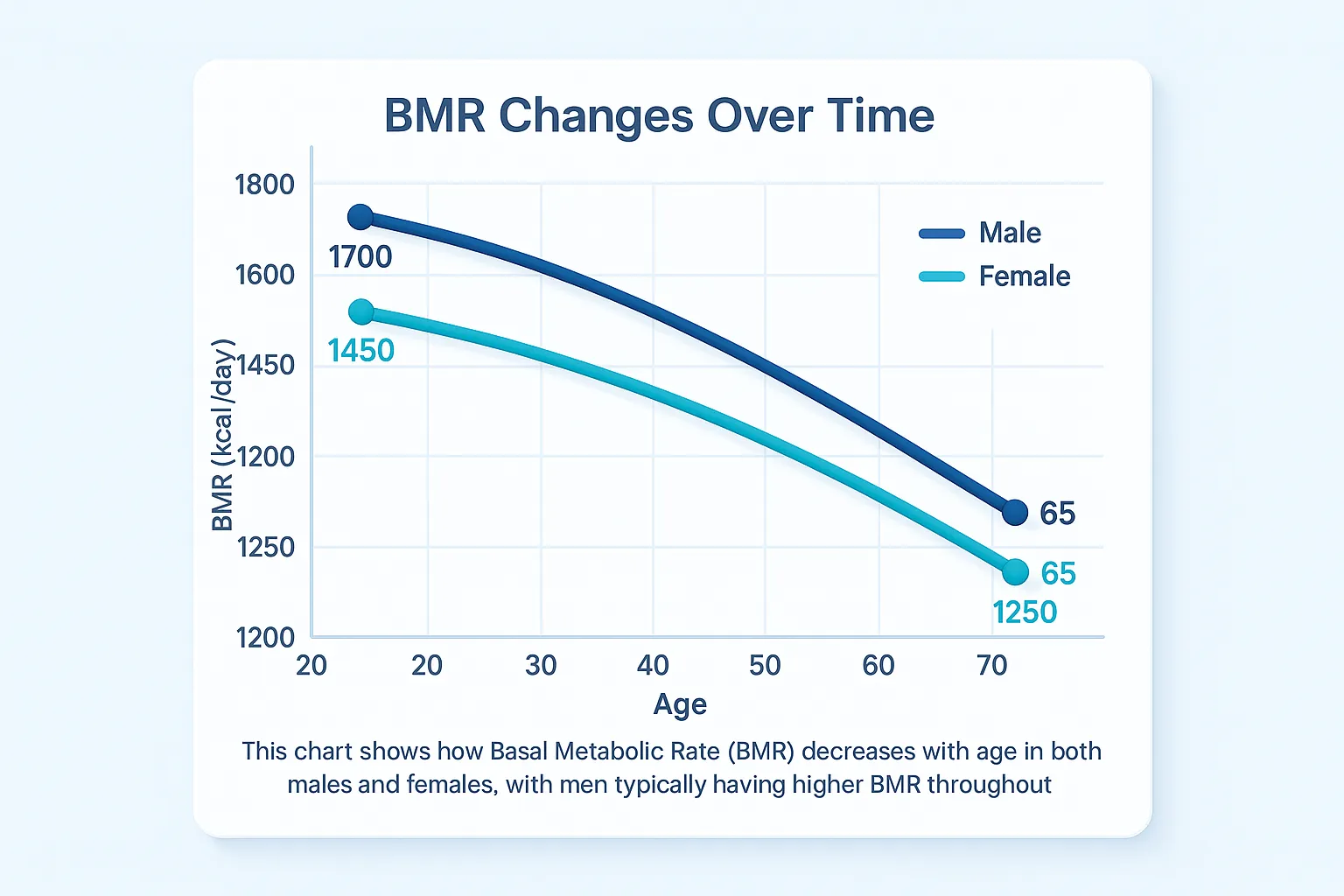
How to Increase BMR Naturally
While you cannot change your genetics, certain lifestyle strategies can help support or potentially optimize your BMR:
⦿ Engage in Resistance Training: Building and maintaining muscle is the most effective way to positively influence resting metabolism.
⦿ Consume Sufficient Protein: Provides the necessary amino acids for muscle tissue.
⦿ Cultivate an Active Lifestyle (NEAT): Incorporate more low-level movement throughout your day (walking breaks, standing desk, taking stairs).
⦿ Prioritize Quality Sleep: Aim for 7-9 hours of consistent, restful sleep.
⦿ Avoid Extreme Caloric Restriction: Fuel your body adequately to prevent metabolic slowdown.
⦿ Maintain Proper Hydration: Water is essential for countless metabolic processes.
BMR vs. RMR
You’ll likely encounter both BMR and RMR (Resting Metabolic Rate) terminology. They are very similar but have a slight technical difference. A ‘bmr rmr calculator‘ might not always distinguish clearly:
⦿ BMR: Measured under the most strictly controlled conditions possible (fasted, completely rested, neutral temp). Represents the absolute minimum energy expenditure.
⦿ RMR: Measured under less stringent resting conditions (e.g., may not be fully fasted). Includes minimal energy costs like recent digestion. RMR values are typically estimated to be around 10% higher than true BMR.
⦿ Practical Note: For everyday purposes, the estimates provided by online ‘BMR‘ calculators are generally closer to RMR and are perfectly functional for planning calorie intake and expenditure.
- BMR vs. RMR - Quick Comparison
| Feature | BMR (Basal Metabolic Rate) | RMR (Resting Metabolic Rate) |
|---|---|---|
| How Measured? | Super Strict Lab Conditions | Less Strict, Relaxed Conditions |
| What's Burned? | Absolute Minimum Resting Calories | Resting Calories + Tiny Extras |
| Typical Value? | A Bit Lower | A Bit Higher (about 10%) than BMR |
| Best Use? | Science Baseline | Good Estimate for Daily Planning |
BMR vs. BMI
It is critical to differentiate BMR from BMI (Body Mass Index):
⦿ BMR: Measures the rate at which your body uses energy while at rest.
⦿ BMI: Is a simple calculation using height and weight to categorize weight status on a population level. It does not directly measure body fat percentage, muscle mass, or metabolic rate.
Frequently Asked Questions
How often should I figure out my BMR again?
Can supplements really boost my BMR?
Why does BMR usually go down as we age?
Is an online BMR calculator accurate?
Are there BMR calculators just for India or in Hindi?
When to Consult a Professional
While a ‘BMR calculator‘ (often found through a ‘calorie calculator net‘ search) provides valuable self-information, seeking guidance from a qualified professional is advisable under certain circumstances:
⦿ If you have diagnosed medical conditions known to affect metabolism (e.g., thyroid disorders, PCOS, diabetes).
⦿ If you have a history of eating disorders or a challenging relationship with food and body image.
⦿ If you are a high-performance athlete with specific and complex nutritional requirements.
⦿ If you are consistently struggling to make progress toward your health goals.
⦿ If you desire a comprehensive, individualized nutrition plan developed by an expert like a Registered Dietitian.
Take Control of Your Body's Energy Needs!

Surgical Oncologist
Dr. Harsh Shah
MS, MCh (G I cancer Surgeon)
Dr. Harsh Shah is a renowned GI and HPB Robotic Cancer Surgeon in Ahmedabad.

Surgical Oncologist
Dr. Swati Shah
MS, DrNB (Surgical Oncology)
Dr. Swati Shah is a Robotic Uro and Gynecological Cancer Surgeon in Ahmedabad.

